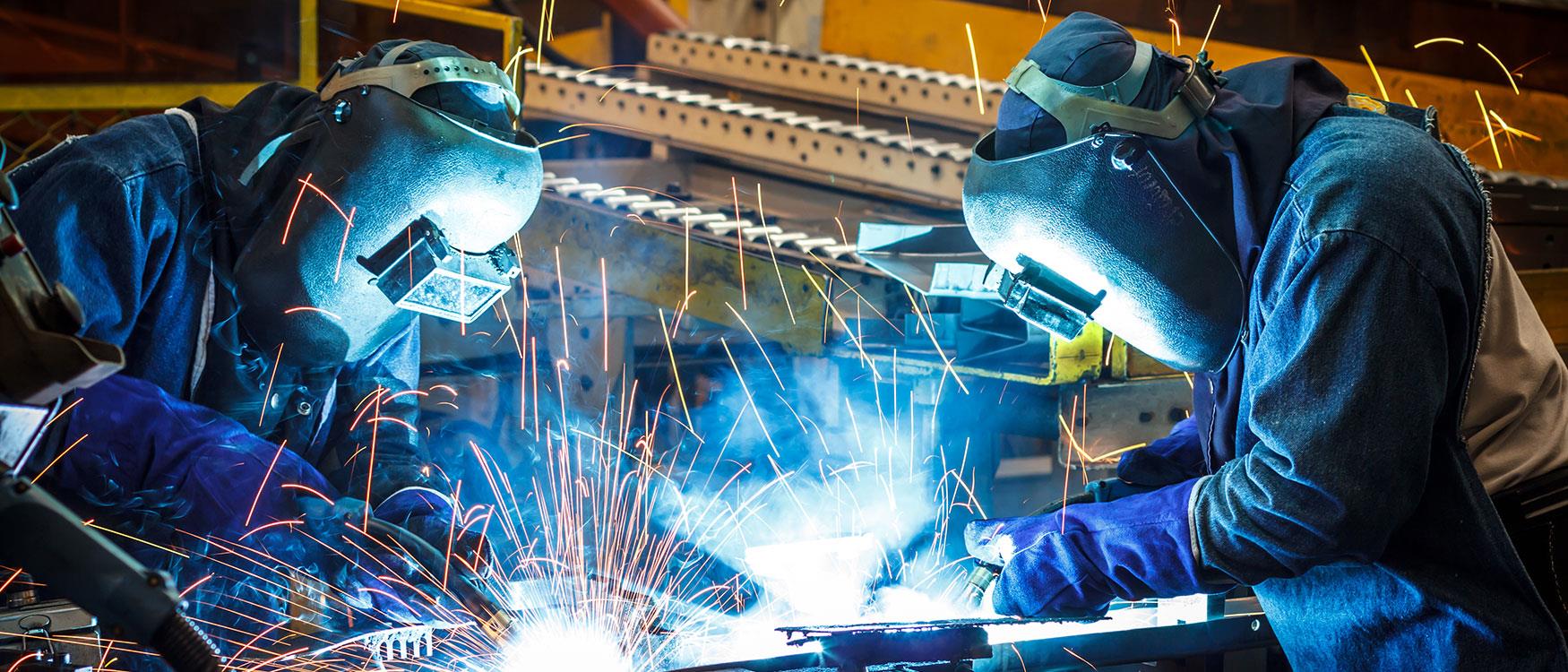To provide you with the best experience, cookies are used on this site. Find out more here.

To provide you with the best experience, cookies are used on this site. Find out more here.

Other Websites
To build your own Itinerary, click  to add an item to your Itinerary basket.
to add an item to your Itinerary basket.
Already saved an Itinerary?



You are here > Story Makers > 50 ways the West Midlands made its mark > Mechanical Masterminds
Cradley Heath had become Britain’s chain-making hub before the turn of the 20th century. In response to poor working conditions, the National Federation of Women Workers took strike action that led to the introduction of the minimum wage in 1910. After ten weeks of industrial action, 60% of employers had agreed to pay the minimum wage.
In 1777, Birmingham engineer James Watt patented a ‘letter copying machine’ to deal with the mass of paperwork at his business. It’s credited as the first ever photocopier. Just down the road in the Jewellery Quarter, John Mitchell created a machine to mass produce steel nib pens.

By the 1820s, 75% of everything written in the world was with a Birmingham pen. Today, Katjes Magic Candy Factory owns the first 3D printer that can personalise gummy sweets.
Dudley-born Lawrence Southwick was one of the first glassmakers in America, pioneering his craft in Salem, the country’s first glass manufacturing district. In 1832, Smethwick’s Chance Brothers and Co. were the first company to adopt the cylinder method of producing sheet glass. They became the largest British manufacturer of window glass, plate glass and optical glasses.
Walsall is Britain’s capital of leather goods, rising into an international saddle-making centre at the start of the 20th century. J&E Sedgwick – now owned by Abbey England – remains the sole premium name in English bridle leather and the only hand-currier in the UK.

No city is better placed than Birmingham to lead the revolution in green energy. The University of Birmingham is world-renowned as a specialist in energy storage, with Birmingham City University hosting a dedicated Centre for Low Carbon Research. The region’s low carbon sector is the most productive in the UK, outstripping the national average for GVA per employee.
Walsall Security Printers developed and printed the world’s first self-adhesive stamps in the 1960s. More than 70% of its stamp output is produced for overseas markets, including Europe and Japan, making the company – now International Security Printers Ltd (ISP) – a major export success in the West Midlands.
Willenhall, in the borough of Walsall, has been the centre of the country’s lock industry for 400 years. Wolverhampton firm Chubb was awarded a special licence by King George IV in the early 1800s.
The company became the sole supplier of locks to the General Post Office and Her Majesty’s Prison Service. At its peak, 90% of the locks produced in England were made in Willenhall and Wolverhampton.
World-renowned modernist architects The Tecton Group designed 12 concrete structures at Dudley Zoo, which were built between 1936 and 1937. The sites were created to protect the welfare of the animals and meet visitors' demands for a clear view from a safe position.
Discover great places to visit, our leading business sectors, and all the information you need about holding your next conference or event in the region. Find out more about our successful Universities of the West Midlands and how to travel comfortably and easily around the region by West Midlands Railway.
© West Midlands Growth Company


